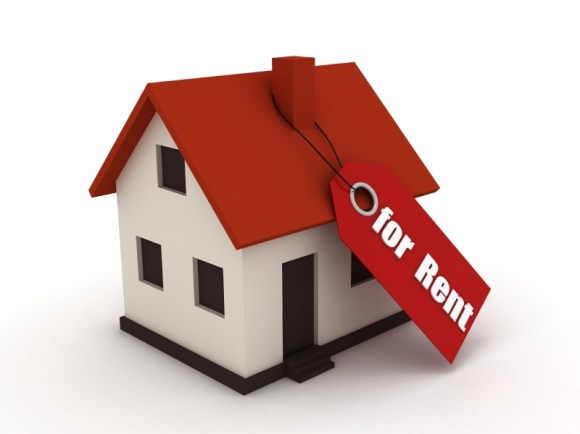When you purchase a home with the intention of generating rental income, the IRS treats it more like a business or investment than a personal residence. The tax law permits you to claim tax deductions for the expenses that relate to this investment property. However, if you also use the home for personal purposes during the year, you may need to allocate expenses between the nondeductible personal use and deductible rental use. Read on for more about residential rental property.
Allocating between rental and personal use
The IRS does allow a certain amount of personal use of a secondary home without requiring you to do an allocation. However, if you use the home for the greater of 15 days, or more than 10 percent of the days the home is rented, you cannot claim a deduction for all expenses. You then must allocate the expenses between the two types of uses, based on the ratio of personal-use days to days you collect rent. For example, if you spend 25 days in the home for vacation, and rent it out to tenants for 75 days during the rest of the year, then only 75 percent of your expenses for the home are deductible. However, if you limit your use of the home to five days out of the year, then no allocation is necessary and you can deduct all of the expenses.
Deductible rental house expenses
Common deductible expenses of maintaining a rental property include the cost of advertising the home to prospective tenants, cleaning the home after each tenant vacates, commissions and fees you pay to a management company, state and local property taxes and utility service and insurance premiums. Additionally, you can claim annual depreciation deductions to recover a portion of the home’s tax basis each year. Generally, the tax basis of the property is equal to its purchase price, settlement costs and the cost of making permanent improvements to the property that increase its value.
Rental house mortgage interest
Just like the interest you pay on a mortgage to finance the purchase of a personal residence, the interest payments on a loan to acquire a rental property are also deductible. However, the amount of interest you may deduct in a year cannot exceed your net investment income. Net investment income is the total profit you earn on all rental properties you own before reducing it by interest payments. At the end of the year, if you incur a loss or have minimal net investment income, it is unlikely you can fully deduct interest payments. You can, however, carry the nondeductible interest payments forward to any future tax year that you have sufficient net investment income.
Reporting rental house deductions
Taxpayers must report all rental income and deductible expenses on the Schedule E attachment to a personal income tax return. However, if renting houses is your primary occupation, and you actively participate in daily operations, you may need to file the Schedule C attachment instead. Sole proprietors use Schedule C to report the earnings and deductions of a business they actively engage in. Regardless of which schedule you prepare, IRS Form 4562 may also be necessary if you claim depreciation deductions. Entering income from a rental property on your tax return is easy with TurboTax.

